Announcing the 2025 CSID Network Fellows
CSID Network is thrilled to introduce our inaugural cohort of CSID Network Fellows! These five fellows, located around the world, are leading innovative projects at the intersection of climate-sensitive infectious diseases (CSID), open science, and community-driven action.
The CSID Network Fellowship was created to support local and regional communities of practice in areas affected by CSID, ensuring that research and tool development are grounded in their context and responsive to local needs. Fellows will receive a stipend, travel and event funding, and access to mentorship and community support to catalyze their own place-based communities and serve as distributed, geographic anchor points to expand the network. Fellows will build local, interdisciplinary networks; promote and implement open knowledge and corresponding principles; and connect their regional networks to the CSID Network at large.
Fellows will be supported and guided by a collaborative committee that brings diverse expertise in open source software; community building; and CSID modeling. The committee is currently composed of Junwen Guo (Umeå University, Sweden), Yanina Bellini Saibene (rOpenSci, Argentina), Nkirote Kalaine (PharmAccess, Kenya), Ritwik Agarwal (International Institute of Information Technology – Hyderabad, India), and Alberto Morales (Drexel University, USA). Through this fellowship program, we aim to bridge the divide between research, technology, and communities on the ground.
Meet the 2025 Fellows
Chloé Morin (Tahiti, French Polynesia)
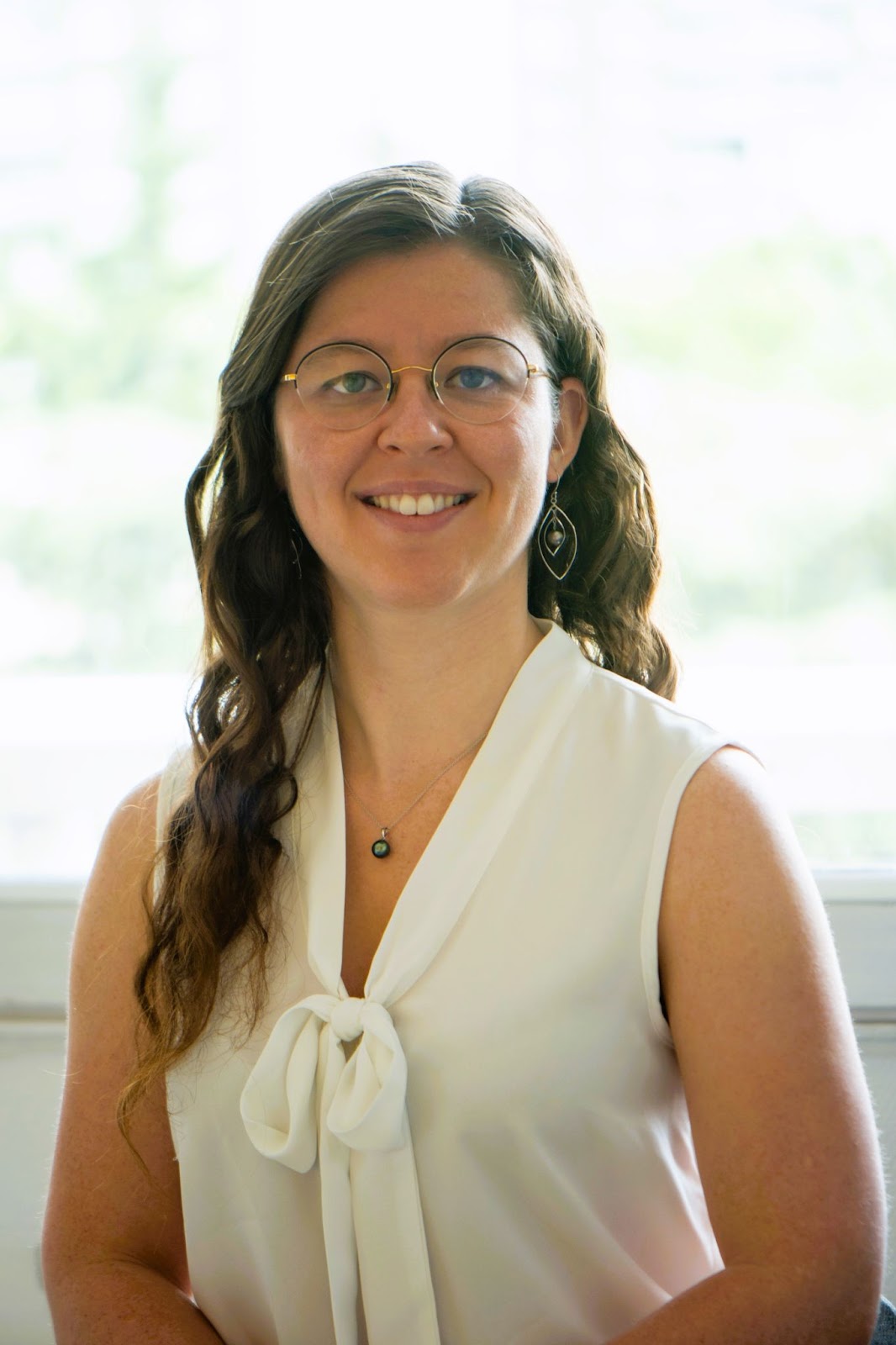
Chloé is a molecular and cellular biologist focused on research communication in the Pacific region. Her project will grow a digital platform for Pacific scientists to facilitate accessibility to genomic surveillance tools and predictive models for CSID. By engaging local stakeholders across the region, she aims to strengthen collaboration and representation of Pacific research in the global scientific community.
Angkana T. Huang (HAT) (Thailand)
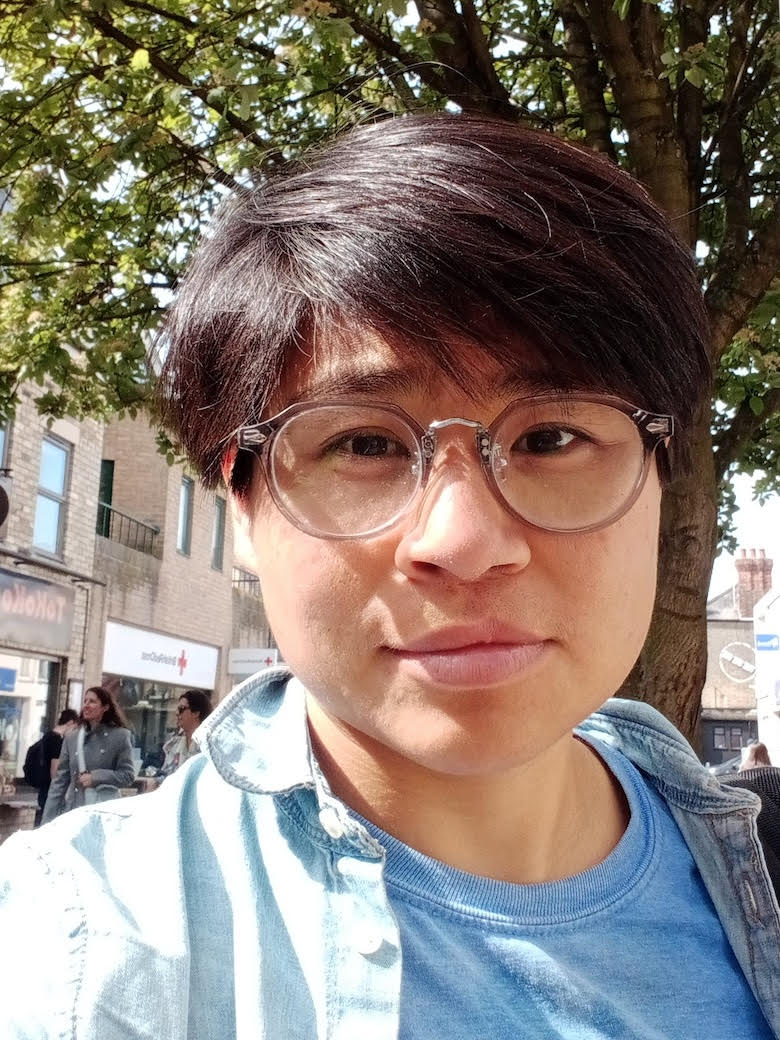
With a background in industrial design, computer science, and biology, Hat is focused on supporting local communities to lead disease control efforts. Her project will establish a network of municipal officers, health volunteers, AI researchers, and public health academics to develop locally-driven solutions for mosquito-borne diseases such as dengue and chikungunya. By shifting from top-down strategies to community-led initiatives, Hat aims to enhance analytical and technological capabilities at the grassroots level.
Henok Tadesse Bireda (Ethiopia)
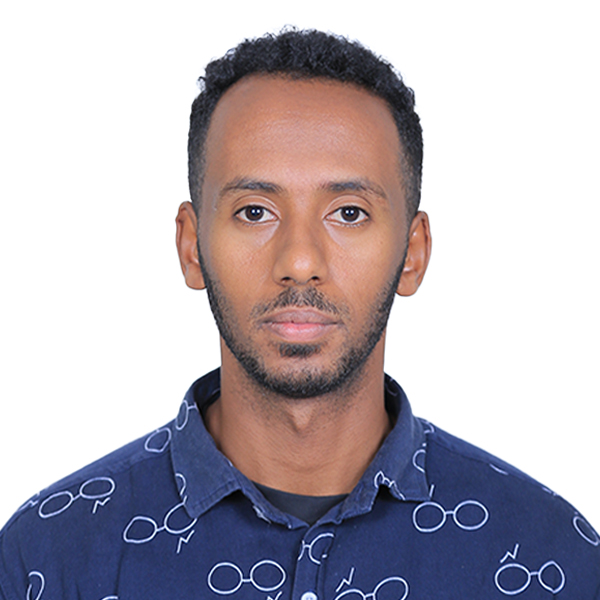
Henok is a public health researcher specializing in climate-health analytics and vector-borne diseases like malaria and dengue. His fellowship project will create a robust community of practice in Ethiopia, uniting CSID researchers, practitioners, and software developers to build locally sustainable disease forecasting and outbreak prevention models. Through collaborative conferences and training, he aspires to lay the groundwork for moving the country from reactive CSID outbreak responses to proactive disease preparedness.
Amber L. Abrams (South Africa)
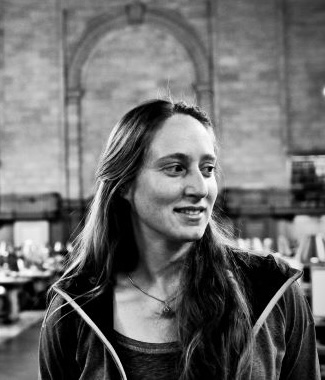
Amber has extensive experience in public health, research, and community engagement, particularly around water-sensitive urban design. Her project will create open-access tools for local residents dealing with surface water challenges. By developing networks that integrate citizen science with municipal planning, she aims to improve water-related infectious disease monitoring and response, building an early warning system for communities and policymakers alike.
Sabrina López (Argentina)
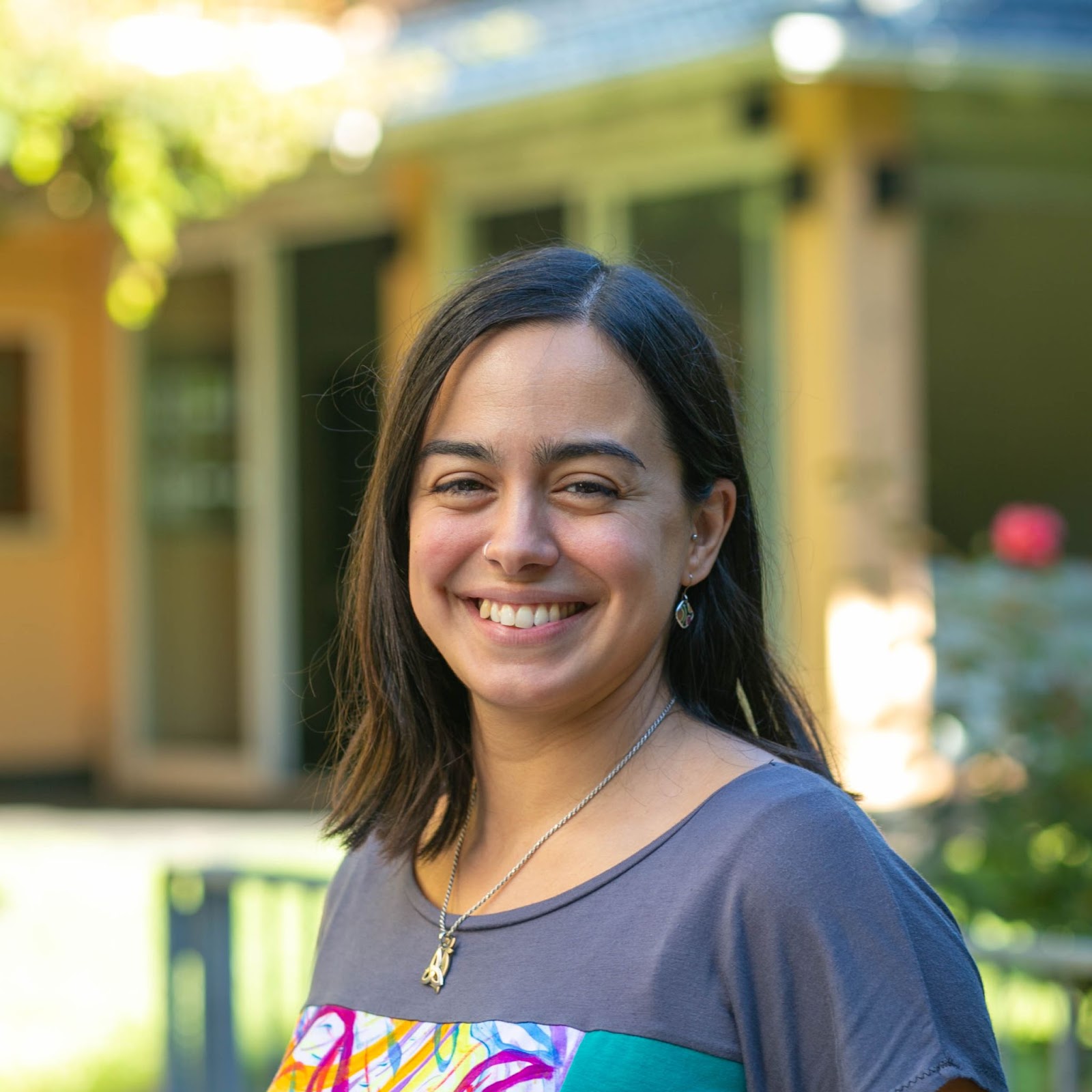
Sabrina is a biologist-turned-public-health specialist passionate about data-driven decision-making. Her project focuses on establishing a community of practice around dengue in Argentina, with the potential for expansion across Latin America. By fostering collaboration between traditionally siloed stakeholders, she seeks to drive open science practices and equitable solutions for epidemic prevention in the region.
Looking Ahead: What’s Next for Our Fellows
As members of the CSID Network, fellows will not only lead their local projects but also contribute to the broader CSID global community. They will participate in network committees and working groups, share quarterly updates on their work, and receive mentorship to support their efforts. Fellows will also have the opportunity to present their work at the CSID Network’s annual convening, fostering international collaborations and amplifying the impact of their projects. We look forward to sharing more updates as they grow their communities.

Acknowledgments
This program is made possible through the generous support of the Wellcome Trust and the dedication of the CSID Network Selection Committee. We are grateful for the time and expertise of everyone who contributed to selecting and supporting this inaugural cohort.
Stay Connected
Follow the journeys of our fellows and learn more about the CSID Network by joining our mailing list and following our blog and Linkedin. We look forward to seeing the impact of the 2025 CSID Network Fellows as they work to build local communities of practice focused on place-based, community-driven responses to climate-sensitive infectious diseases.
About the 2025 Application Cycle
The 2025 call for applications drew 208 applications from 40+ countries, reflecting the incredible interest in growing place-based communities of practice to advance CSID tools. We appreciate the enthusiastic response to our request for applications and the time and effort of all applicants. Grantees were selected based on alignment with network values and mission and their proposed plans to catalyze local CSID communities of practice.